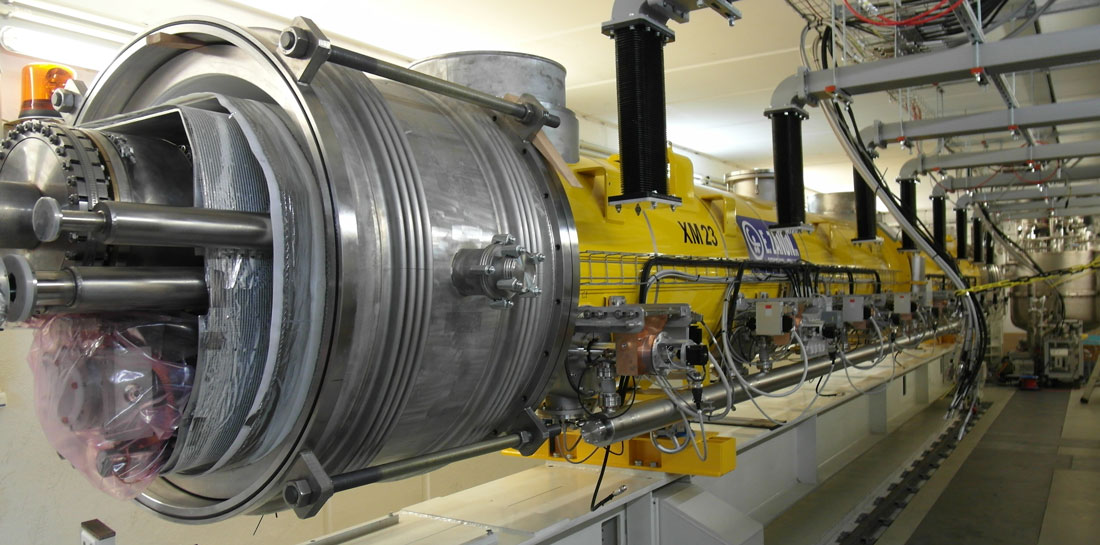
Several major scientific Research Infrastructures based on particle accelerators or superconducting (SC) magnets have been built in the past decade, or are under construction in Europe, to support fundamental and applied science. Examples include the LHC at CERN in France/Switzerland for the field of particle physics, FAIR at GSI Darmstadt and SPIRAL-2 at GANIL Caen for nuclear physics, W7X in Germany and ITER in France for the field of nuclear fusion, the European XFEL in Germany and the ESS in Sweden for the fields of material, chemical and biological sciences, and ISEULT in France for the field of medical science. Other accelerator based Research Infrastructures are in advanced design or early construction in the world such as FRIB and LCLSII in the USA, RAON in South-Korea and C-ADS in China: European laboratories and specially industries are involved in the construction of the American accelerators at high levels, continuing and capitalizing on their participation to the similar European projects.
The construction of such large scientific instruments demands high technology systems built to unparalleled quality standards, and spans all the necessary activities of research, development, fabrication, assembly and verification. Such projects trigger innovation, and can only be possible through the realization of a large and distributed accelerator and SC magnet Technology Infrastructure.
The objective of the AMICI project is to engage the Technology Infrastructure which is currently dedicated to European science-based accelerators and large SC magnets with a new, efficient and sustainable collaboration/production model by means of Cooperation and Innovation.
The AMICI Innovation-related activities aim at transferring the knowledge and know-how of research laboratories to industry and creating new products and new applications of direct benefit to society. For that purpose, Industry would access a pool of technical platforms made available by European Research Institutes such as test beam facilities, cryogenics, magnet and RF facilities and test benches, laboratories for material analysis and vacuum technology, for chemistry and surface characterization, for beam electronics and instrumentation, clean rooms and assembly halls including the equipment and the associated human expertise.
The Industrialization-related activities aim at keeping European industry at the forefront of the international competition, in terms of technology, quality and costs, in view of the construction of future scientific research instruments, in Europe and elsewhere. This will be achieved by fostering collaboration initiatives and opportunities between Industry and the TI that include: research and development of key technology prototypes, test and verification of industrial products, professional training and apprenticeship, certification studies and training (e.g. vacuum, cleanliness, welding, etc.), harmonization and standardization studies (e.g. cryogenics, material, etc.).
